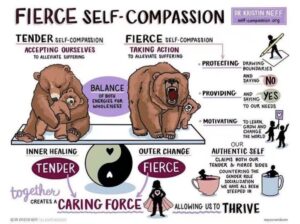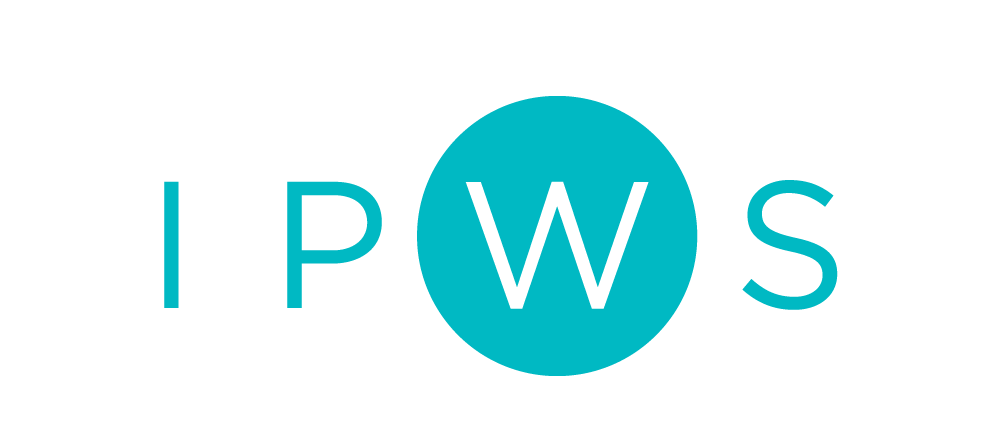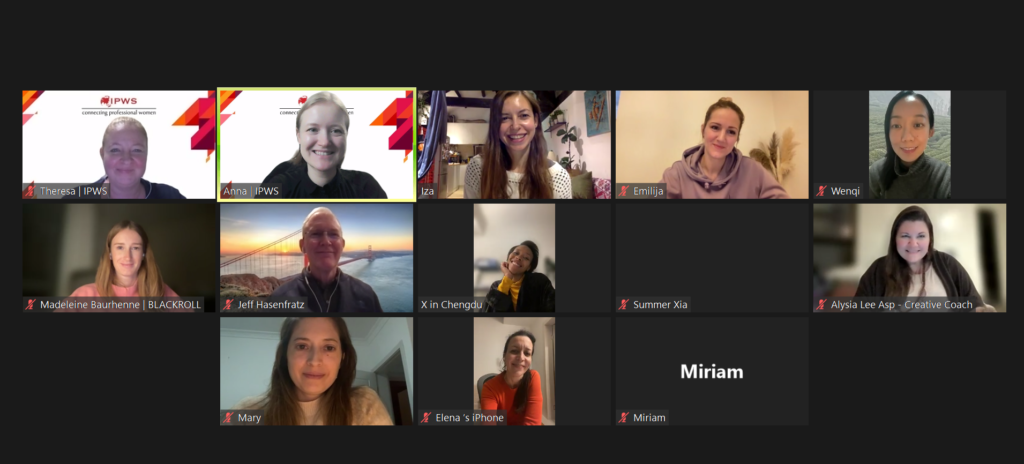Had a bad day at work? Got in an argument with someone you care about?
What if instead of being critical with yourself and self-flagellating, you took time to process your emotions and found some genuine self-compassion?
On January 12th, IPWS hosted an online interactive workshop on this very topic of self-compassion and providing practical advice on making it an integral part of your life.
Our speaker Izabela Misiuk, Coaching Psychologist (GMBPsS, MSc), shared some essential concepts and hands-on exercises that can help incorporate this form of self-reflection into your daily routine.
Looking at the very concept of self-compassion, it can be summarised as the act of extending compassion to yourself even in moments of perceived inadequacy or failure.
In her presentation, Iza drew on some of the definitions offered by Kristin Neff (self-compassion.org), thus focusing on three main elements – self-kindness, common humanity, and mindfulness.
Self-kindness: it entails being warm and kind towards yourself when encountering pain and personal shortcomings, rather than ignoring them or hurting oneself with self-criticism. In a nutshell, ask yourself, “what would I say to someone I love?” and say those very words to yourself.
Common humanity and connectedness: self-compassion also involves recognizing that suffering and personal failure is part of the shared human experience, rather than and isolating and unique characteristic of you as an individual.
Mindfulness: self-compassion requires taking a mindful approach to your negative emotions, so that feelings and emotions can be observed. Try your best to be grounded and aware while observing yourself.
We also practiced some physical gestures that can help you to feel more self-compassionate and empowered. The most simple and straightforward one, which helps with controlling anxiety in particular, is placing your hand on your heart.

Iza also recommended to say a simple mantra to yourself – it could be something like: “I am enough, my emotions are valid, I am here for you.”
Our speaker also introduced the concept of fierce self-compassion:
- Setting boundaries
- Protecting yourself
- Motivating ourselves
We can draw on this type of self-compassion in order to find even more balance in our daily lives.

Finally, let us share more about a practice that you can try right now. You only need a few minutes and something to write with.
Think of a recent situation when you were having a difficult time. Stress at work, dispute with a family member. Take 5 minutes to journal and write it down.
- Look at what you wrote. What is the thing that you can say to yourself to validate your feelings?
For example: it was difficult and stressful. This made me feel sad and angry. It was objectively stressful. - What is the one thing that you can do to take care of your emotional needs?
Put a hand on your heart and say a self-soothing sentence that works for you, such as “I unconditionally accept all parts of myself.” - What is the thing that you can do physically calm down and be more at ease?
Go for a walk, listen to music, give a hug. Find what works for you and mindfully practice it.
In summary, do your journaling, then:
I. Validate
II. Comfort
III. Soothe
Speaker Spotlight
Izabela Misiuk (Iza) is a Coaching Psychologist (GMBPsS, MSc), relationship coach (the Gottman Method), women’s circle facilitator, self-discovery through myths and archetypes certified facilitator, and the co-creator of selfgrowthcourses.com & Thriveinshanghai.
Q: what would you tell your younger self?
A: Learn about yourself, learn what is and what isn’t ok with you. Know your preferences, desires, needs and deal-breakers, and communicate these confidently and unapologetically.
Q: How do we manage mental health better?
A: Cultivate your friendships. They are the family you get to choose. And finally! Smile, dance, journal, nourish yourself with real food & clean water, get outside, take deep belly breaths, and don’t forget to be compassionate with yourself.
Many thanks to our speaker and to all the workshop participants, Find out more information about Iza and her practice on www.thriveinshanghai.com and www.selfgrowthcourses.com. We wish you a wonderful year ahead!







